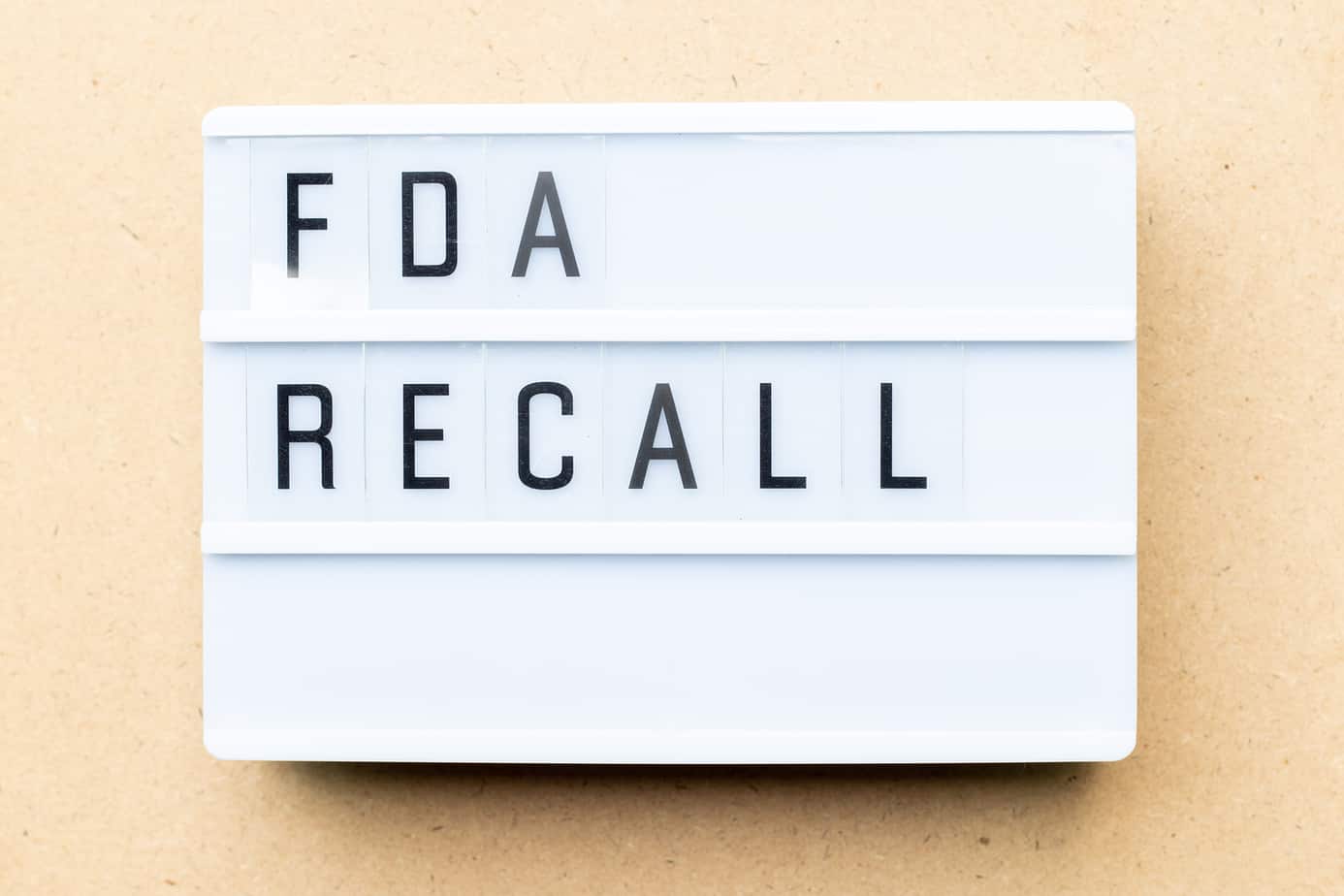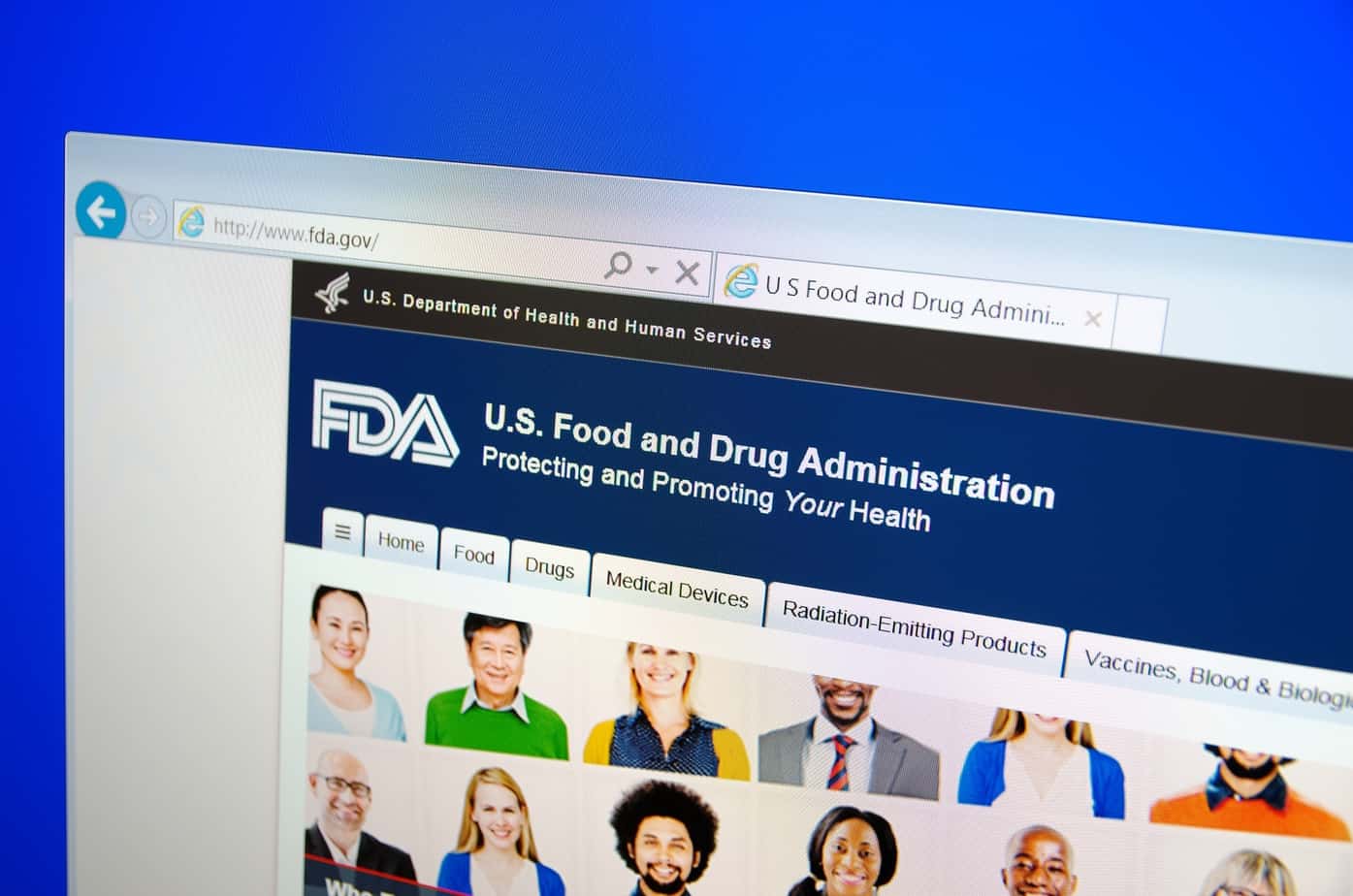Daily we are bombarded with ads encouraging us to take food supplements for a healthier body, beautiful skin, hair, and nails. However, many of us confuse supplements with drugs because of the way they are marketed. They promise to treat illnesses, help us lose weight, enhance our muscle mass and sexual performance.
Understanding the fine line between what a food supplement is and what it can do increases our ability to distinguish between the two. This helps ensure we get the most benefits from these products.
What are food supplements?
Food or dietary supplements are created to deliver nutrients that we may not be getting in sufficient quantities from the foods we consume. These contain vitamins, amino acids, fatty acids, and minerals in various quantities.
Food supplements are found in the form of pills, tablets, capsules, liquids, powders, and energy bars. They are not meant to replace a healthy diet but are consumed to supplement it.
Besides the vitamins, nutrients, etc. food supplements also need additional ingredients like fillers, preservatives, artificial flavors, and colorants. These ingredients are not always beneficial to our health and supplements that are not labeled can be dangerous.
A good food supplement must have a label listing the active ingredients in each dose, and any other added ingredients included.
What category do multivitamins fall in?
Multivitamins are a subsection of food supplements. They contain a combination of vitamins and minerals. Most manufacturers of multivitamins stick to the regulated amounts of vitamins and minerals, but not all do.
As consumers, we need to be aware of doses because more does not always mean better. Multivitamins need to be taken in doses that are stated on their packets. These labels should state the recommended dietary allowance (RDA), daily value (DV), and adequate intakes (AI). These are regulated by the Food and Drug Administration (FDA) for safe human consumption.
Some multivitamins also contain other ingredients, for example, herbs.
How are food supplements regulated by the FDA?
Prescription and non-prescription drugs are regulated by the FDA and have strict requirements. They must be proven safe and effective before they can be sold. Food supplements do not fall into the same category as drugs and they are treated as a specialized category of foods.
They were put under different regulations than drugs in 1994 and under the Dietary Supplement Health and Education Act (DSHEA) they are deemed safe until otherwise proven. However, the act does specify that the food supplements cannot contain anything that can risk or injure the user of the supplement if used according to the label directions.
Any new ingredients that are not recognized as a food substance must be presented to the FDA with evidence that it is safe before it is sold to the public.
However, new ingredients do not get tested in clinical trials, vital to understanding how some ingredients may interact with other drugs or substances a user may already be taking. Trials could also help define potential risks which are now only discovered after someone has been harmed by the substance.
Consumer awareness
Since food supplements are self-prescribed and we buy them at will. Most multivitamins and food supplements have proven safe to use. Generally, manufacturers have been wary to not make false claims and they have ensured proper labeling. Most manufacturers are also scrupulous about their choice of ingredients.
There is no system in place for the reporting of bad reactions and side effects to food supplements. However, doctors and patients can report them, but these side effects can take much longer to be reported than those of FDA regulated drugs.
According to independent researchers, one of the biggest issues with some of the food supplements on the market is tainted herbs and false claims. Herbs are tainted with germs, pesticides, and toxic heavy metals. Also, some supplements may contain too much or far too little of a listed ingredient.
Additionally, some problems may arise from the herb suppliers and not the manufacturers. Sometimes the herbs are mixed with cheaper ones intentionally. Often, there is accidental contamination with similar-looking plants growing in the same area.
Some food supplements have also been found to contain prescription drugs and compounds that are not listed on their labels. These may promise weight loss, muscle building, and prostate health. To make matters worse, some of these compounds or drugs are banned by the FDA because they carry the risk of strokes or heart attacks.
It is up to us the consumers to be careful and picky when we choose food supplements. We can do this by being wary of those that promise too much. We must also be careful when they promise to treat or cure medical conditions, and those marketed through mass emails and foreign languages. Finally, there are no legal alternatives to anabolic steroids and only FDA prescribed drugs can enhance sexual performance.



